Introduction
In today's global market, the significance of food safety cannot be overstated. Consumers are increasingly aware of the risks associated with foodborne illnesses, making it imperative for businesses to adhere to stringent Food Safety Inspection Standards. This is where food safety audit companies come into play, ensuring that organizations not only comply with regulations but also prioritize the health and well-being of their customers.
Understanding the Importance of Food Safety
Food safety is a critical aspect of public health that impacts every stage of the food supply chain—from production to consumption. A single lapse in food safety can lead to severe consequences, including widespread illness and loss of consumer trust. By implementing robust Food Quality Assurance Services, companies can mitigate risks and foster a culture of safety that resonates with their clientele.
The Role of Third Party Auditors
Third-party auditors serve as impartial evaluators who assess compliance with established food safety protocols. These auditors bring specialized knowledge and experience in navigating complex Food Safety Inspection Standards, providing businesses with valuable insights into potential vulnerabilities within their operations. Their objective evaluations help organizations identify areas for improvement while reinforcing accountability throughout the supply chain.
Benefits of Partnering with Audit Companies
Collaborating with reputable food safety audit companies offers numerous advantages beyond mere compliance checks. Such partnerships enhance credibility in the eyes of consumers and regulatory bodies alike, promoting confidence in products offered by audited firms. Moreover, these audits often lead to improved operational efficiencies and reduced liability risks—essential elements for any business aiming for longevity in a competitive marketplace.
What Are Food Safety Audits?
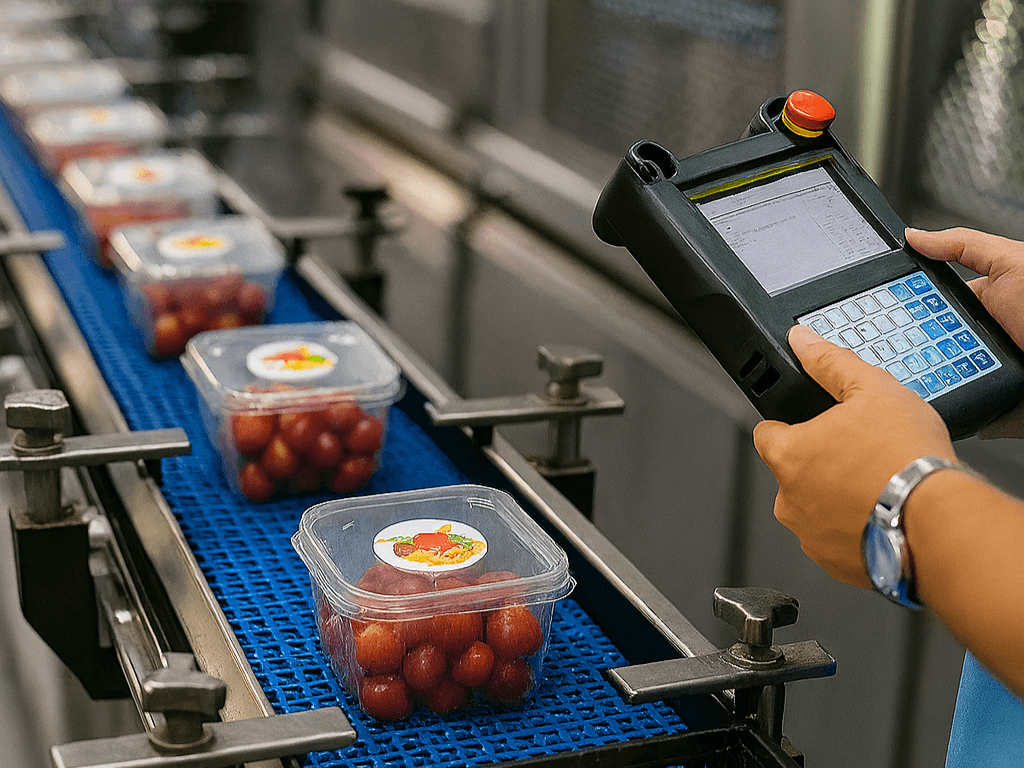
Food safety audits are systematic evaluations designed to assess the compliance of food businesses with established safety standards. These audits are crucial in ensuring that food products are safe for consumption, helping companies identify potential hazards and implement necessary corrective actions. By partnering with reputable food safety audit companies, businesses can enhance their operational practices and mitigate risks associated with foodborne illnesses.
Definition and Purpose of Audits
At their core, food safety audits serve as a comprehensive review of an organization’s adherence to Food Safety Inspection Standards. These standards outline essential practices that must be followed to ensure the safe handling, preparation, and storage of food. The primary purpose is not just to identify non-compliance but also to foster a culture of continuous improvement in food quality assurance services across the industry.
Key Components of the Audit Process
The audit process typically involves several key components that work together to provide a thorough assessment. Initially, auditors will conduct a pre-audit review, examining documentation related to policies and procedures on food safety for exports and domestic sales alike. During the on-site assessment, they observe operations firsthand, assess employee training protocols, and verify compliance with established Food Safety Inspection Standards before compiling their findings into a detailed report for follow-up.
Overview of Food Safety Inspection Standards
Food Safety Inspection Standards encompass guidelines set forth by regulatory bodies aimed at ensuring public health protection through safe food handling practices. These standards vary by country but generally include requirements related to hygiene, temperature control, cross-contamination prevention, and traceability of ingredients used in production processes. Understanding these standards is vital for businesses seeking effective partnerships with food safety audit companies that can help them navigate complex regulatory environments while maintaining high-quality products.
Leading Food Safety Audit Companies

When it comes to ensuring the safety and quality of food products, partnering with reputable food safety audit companies is crucial. These organizations not only help businesses comply with Food Safety Inspection Standards but also enhance their overall operational effectiveness. With a plethora of options available, it's essential to know which companies stand out in the industry.
Prominent Names in the Industry
Several food safety audit companies have established themselves as leaders in the field, providing comprehensive services that cater to various sectors of the food industry. Companies like SGS, Bureau Veritas, and Intertek are renowned for their rigorous auditing processes and commitment to maintaining high standards. These firms specialize in everything from Food Quality Assurance Services to thorough inspections that ensure compliance with international regulations.
In addition to these global giants, many regional players have made significant contributions to food safety audits. Their localized expertise often leads to tailored solutions that address specific market needs. This diversity allows businesses of all sizes to find an auditing partner that aligns perfectly with their goals and standards.
China's Own China Inspection Pro
China Inspection Pro has emerged as a prominent player in the realm of food safety audit companies within Asia. With a focus on ensuring compliance with both domestic and international Food Safety Inspection Standards, this company plays a vital role in enhancing food safety for exports from China. Their services cover a wide range of industries, including agriculture, manufacturing, and distribution.
What sets China Inspection Pro apart is its deep understanding of local regulations combined with global best practices. They offer specialized Food Quality Assurance Services designed specifically for Chinese producers aiming for international markets. This unique positioning makes them an invaluable resource for businesses looking to navigate the complexities of exporting safe food products.
Comparison of Services Offered
When comparing services offered by leading food safety audit companies, it becomes evident that while many provide similar foundational audits, there are distinct differences in their approach and specialties. For instance, some firms may emphasize more on comprehensive Food Safety Testing procedures or focus heavily on training programs for staff involved in quality assurance processes.
Additionally, while some companies might excel at conducting routine inspections aligned with established Food Safety Inspection Standards, others may offer advanced technological solutions that streamline testing procedures or data management systems post-audit. Understanding these nuances can help businesses select an audit partner that not only meets regulatory requirements but also supports long-term success through effective quality assurance strategies.
The Process of a Food Safety Audit
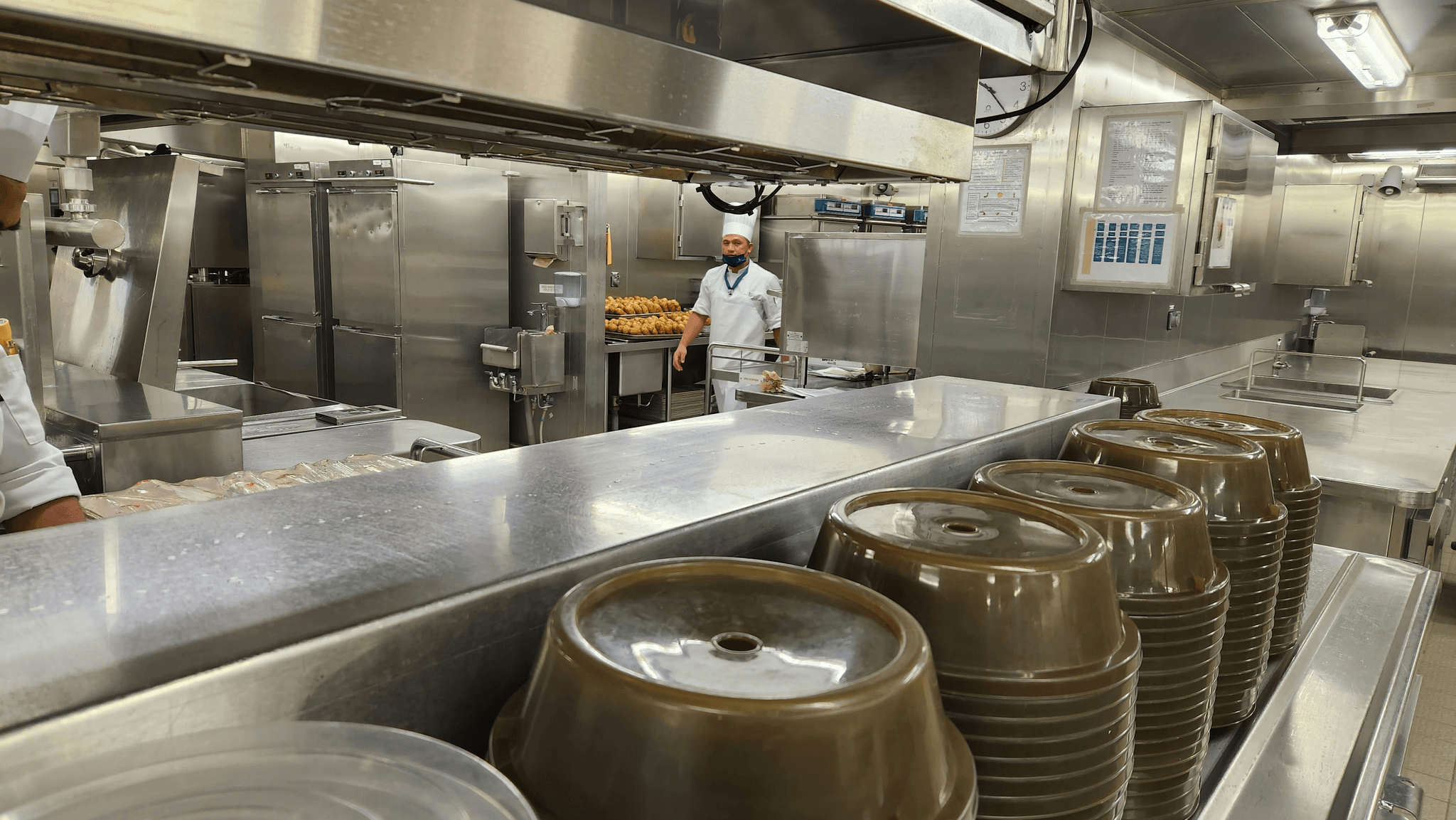
Navigating through the process of a food safety audit can feel like preparing for an intense exam, but with the right steps, it can be manageable and even enlightening. Food safety audit companies play a crucial role in ensuring that your operations meet the necessary Food Safety Inspection Standards. From pre-audit preparations to post-audit follow-ups, understanding each stage is vital for achieving compliance and enhancing overall food quality assurance services.
Pre-Audit Preparations
Before the auditors arrive, it's essential to get your house in order—figuratively speaking, of course. Pre-audit preparations involve reviewing internal protocols and ensuring that all documentation related to food safety testing is up-to-date and accessible. This includes records of previous audits, compliance reports with Food Safety Inspection Standards, and any corrective actions taken since the last evaluation.
Additionally, staff training sessions can be beneficial in refreshing everyone’s knowledge about food safety practices and expectations during the audit process. Engaging your team not only boosts morale but also ensures that they are well-prepared to demonstrate their understanding of food quality assurance services during the on-site assessment. By addressing any potential issues beforehand, you set yourself up for success when working with food safety audit companies.
On-Site Assessment Procedures
When the day of the audit arrives, expect a thorough examination that dives deep into every aspect of your operation—from kitchen cleanliness to storage practices. During this on-site assessment, auditors will evaluate adherence to established Food Safety Inspection Standards by observing processes in real-time and interacting with staff members. They may also conduct various tests related to food safety testing protocols to ensure compliance with health regulations.
Auditors utilize checklists tailored to specific industry standards while assessing factors like employee hygiene practices and equipment sanitation procedures. This hands-on approach provides valuable insights into not just what’s working but also areas needing improvement within your food quality assurance services framework. The on-site visit is an opportunity for both parties: auditors gather data while you gain immediate feedback on operational strengths and weaknesses.
Post-Audit Reporting and Follow-Up
Once the dust settles from the on-site assessment, it’s time for auditors to compile their findings into a comprehensive report detailing compliance levels against Food Safety Inspection Standards. This document serves as both a roadmap for improvement and a formal record demonstrating adherence (or lack thereof) to required practices within your organization’s food safety testing protocols. It typically includes recommendations for corrective actions along with timelines for implementation.
Follow-up after an audit is equally important; it fosters accountability as you work towards addressing any identified gaps or deficiencies in your processes or systems regarding food quality assurance services. Many food safety audit companies offer additional support during this phase by providing resources or consulting services tailored specifically for enhancing compliance efforts moving forward—after all, continuous improvement is key!
In conclusion, navigating through these stages effectively not only helps ensure regulatory compliance but also strengthens overall operational integrity within your business model focused on delivering safe products consistently.
Food Quality Assurance Services Explained
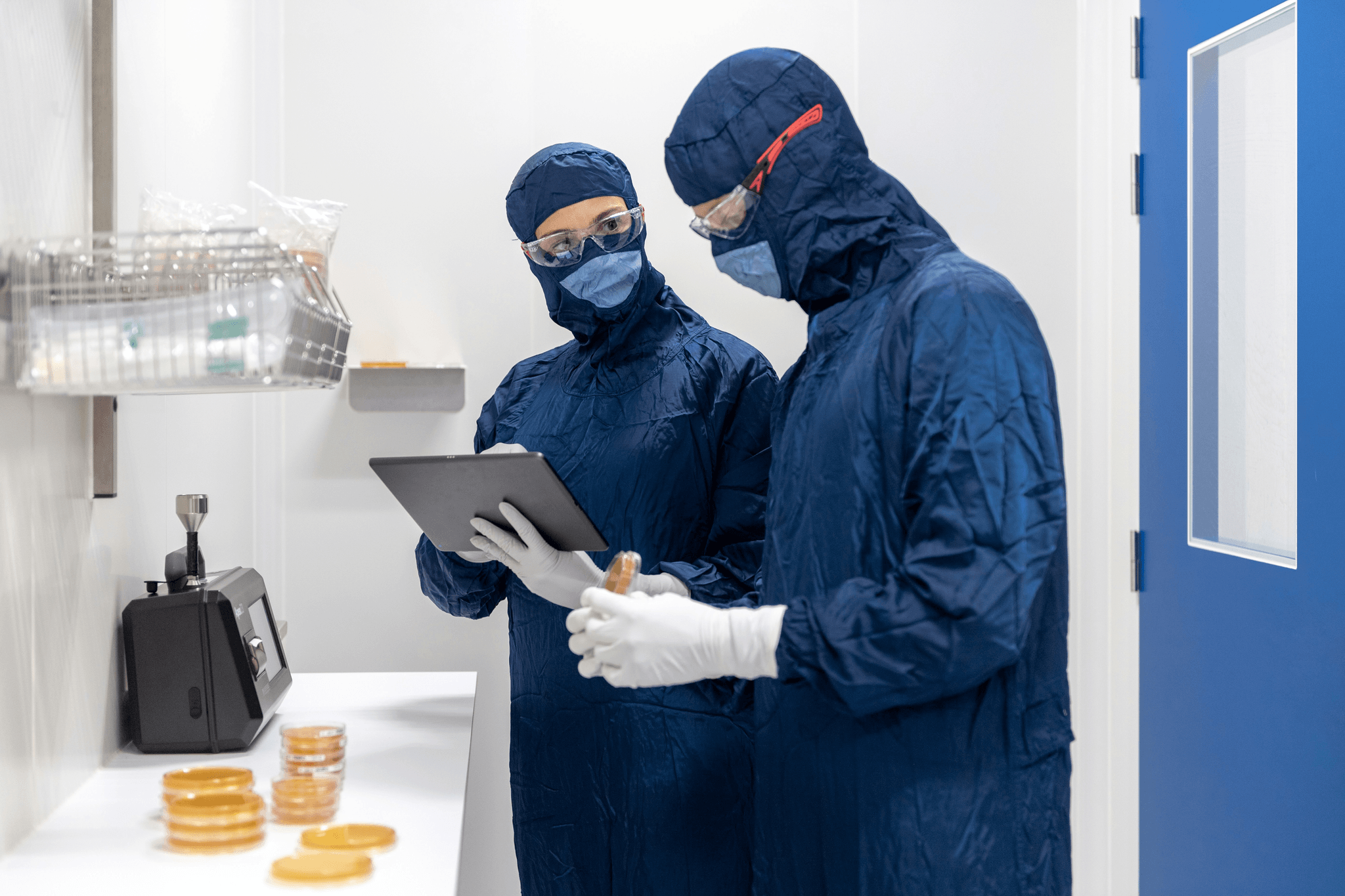
Food Quality Assurance Services play a pivotal role in ensuring that the food we consume meets established safety and quality standards. These services are essential for food safety audit companies, as they help organizations navigate the complexities of Food Safety Inspection Standards. By implementing robust quality assurance practices, businesses can enhance their reputation and ensure consumer trust in their products.
Importance of Quality Assurance
Quality assurance is crucial in the food industry because it safeguards public health by preventing unsafe products from reaching consumers. Food safety audit companies emphasize the importance of adhering to rigorous Food Safety Inspection Standards to minimize risks associated with contamination and spoilage. A solid quality assurance program not only protects consumers but also helps companies avoid costly recalls and legal issues, ultimately supporting long-term success.
Integrating Safety with Quality Control
Integrating safety with quality control is a hallmark of effective Food Quality Assurance Services. By aligning these two critical components, organizations can create a comprehensive approach that addresses both product integrity and safety concerns simultaneously. This synergy ensures that every aspect of food production—from sourcing ingredients to packaging—meets stringent standards for both quality and safety, which is particularly vital when considering food safety for exports.
Examples of Effective QA Practices
There are numerous effective QA practices that can be employed to enhance food safety outcomes within an organization. For instance, regular training sessions for staff on current Food Safety Inspection Standards can significantly improve compliance rates and awareness among employees. Additionally, implementing standardized testing protocols allows companies to monitor their products consistently, ensuring they meet both internal benchmarks and external regulatory requirements set by food safety audit companies.
Navigating Food Safety Testing
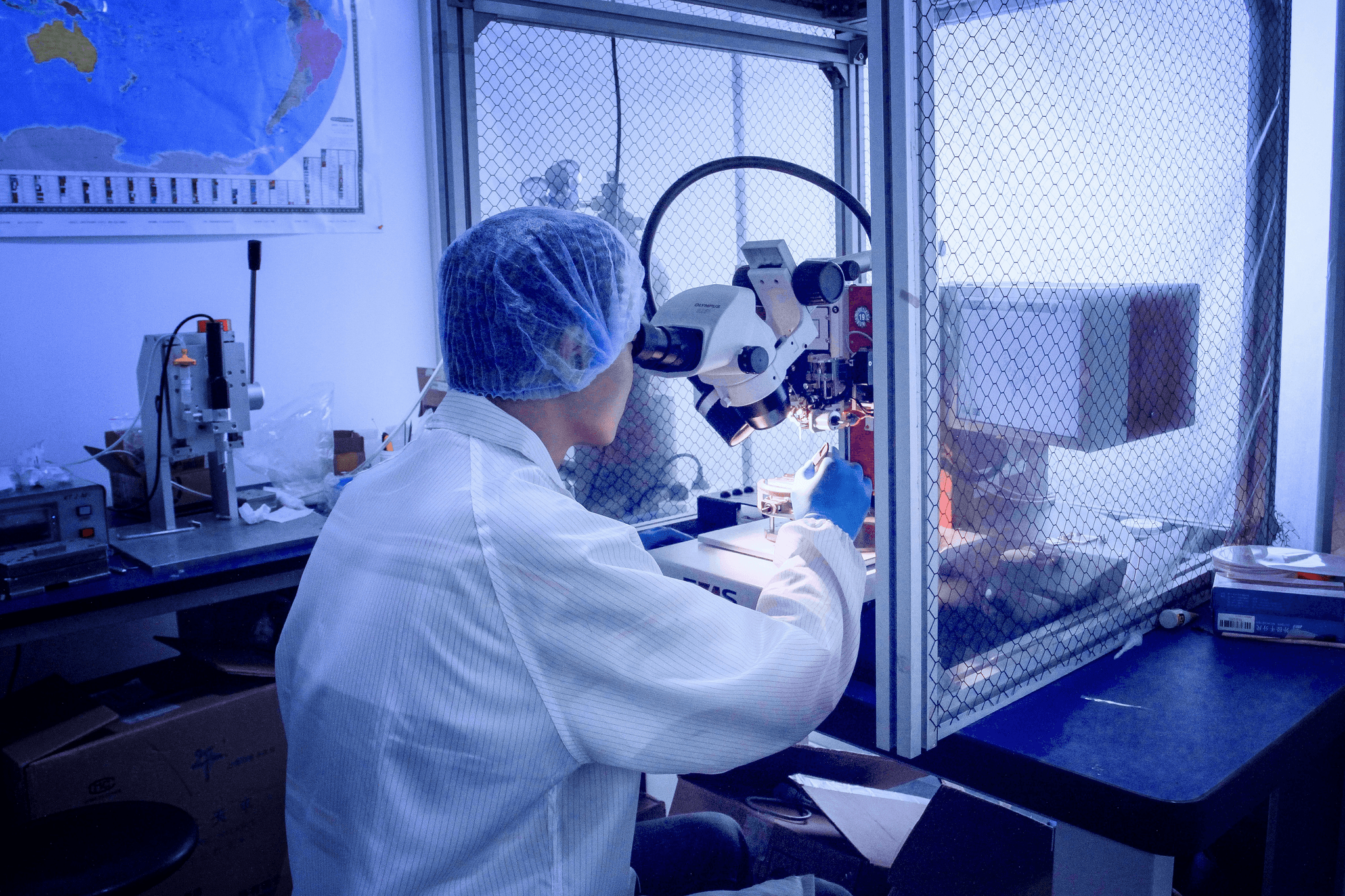
In the complex world of food safety, testing is a critical component that helps ensure compliance with regulations and standards. Food safety audit companies often emphasize the importance of rigorous testing protocols to help businesses maintain high levels of quality and safety. Understanding the different types of food safety testing is essential for manufacturers, suppliers, and exporters alike.
Types of Food Safety Testing
Food safety testing encompasses a variety of methods designed to detect contaminants, pathogens, and other hazards in food products. Common types include microbiological testing, chemical residue analysis, and allergen testing—each serving a unique purpose in safeguarding consumer health. By employing these diverse testing methods, businesses can align their practices with Food Safety Inspection Standards that govern safe food production.
Understanding these various types allows companies to tailor their Food Quality Assurance Services effectively. Microbiological tests help identify harmful bacteria like Salmonella or E. coli, while chemical residue tests ensure that products are free from harmful pesticides or additives. Allergen testing is crucial for preventing cross-contamination and protecting consumers with allergies—making it an essential part of any comprehensive food safety strategy.
Testing for Exports: Ensuring Compliance
When it comes to exporting food products, compliance with international regulations is paramount. Different countries have varying requirements regarding food safety; thus, understanding these nuances can make or break a business’s success in global markets. Food safety audit companies play a vital role here by providing guidance on meeting specific standards tailored for exports.
Ensuring compliance means conducting thorough testing before products leave the country’s borders—this includes adhering to both local regulations and those set by importing nations. For instance, many countries require certifications proving that imported goods meet established Food Safety Inspection Standards; failing to comply can lead to costly delays or product rejections at customs. Therefore, investing time in proper food safety testing not only safeguards public health but also protects your business's reputation.
Role of Technology in Testing Procedures
Technology has revolutionized the landscape of food safety testing by enhancing accuracy and efficiency across various procedures. From advanced laboratory equipment capable of rapid pathogen detection to software systems that track compliance data seamlessly—technology streamlines processes significantly for businesses seeking reliable results in their operations. This innovation is particularly beneficial when navigating complex regulations surrounding Food Safety for Exports.
Moreover, automation plays an increasingly important role in ensuring consistent quality across batches; automated systems reduce human error while increasing throughput rates during sampling and analysis phases alike. As technology continues evolving within this field, organizations must stay informed about emerging tools offered by leading food safety audit companies that enhance overall effectiveness in maintaining high-quality standards.
In conclusion, navigating the intricacies of food safety testing requires an understanding of its various types while ensuring compliance with export regulations through effective practices backed by technology advancements. By focusing on these elements within your organization’s framework—and partnering with reputable audit firms—you’ll be well-equipped to uphold both consumer trust and product integrity across all markets.
Conclusion
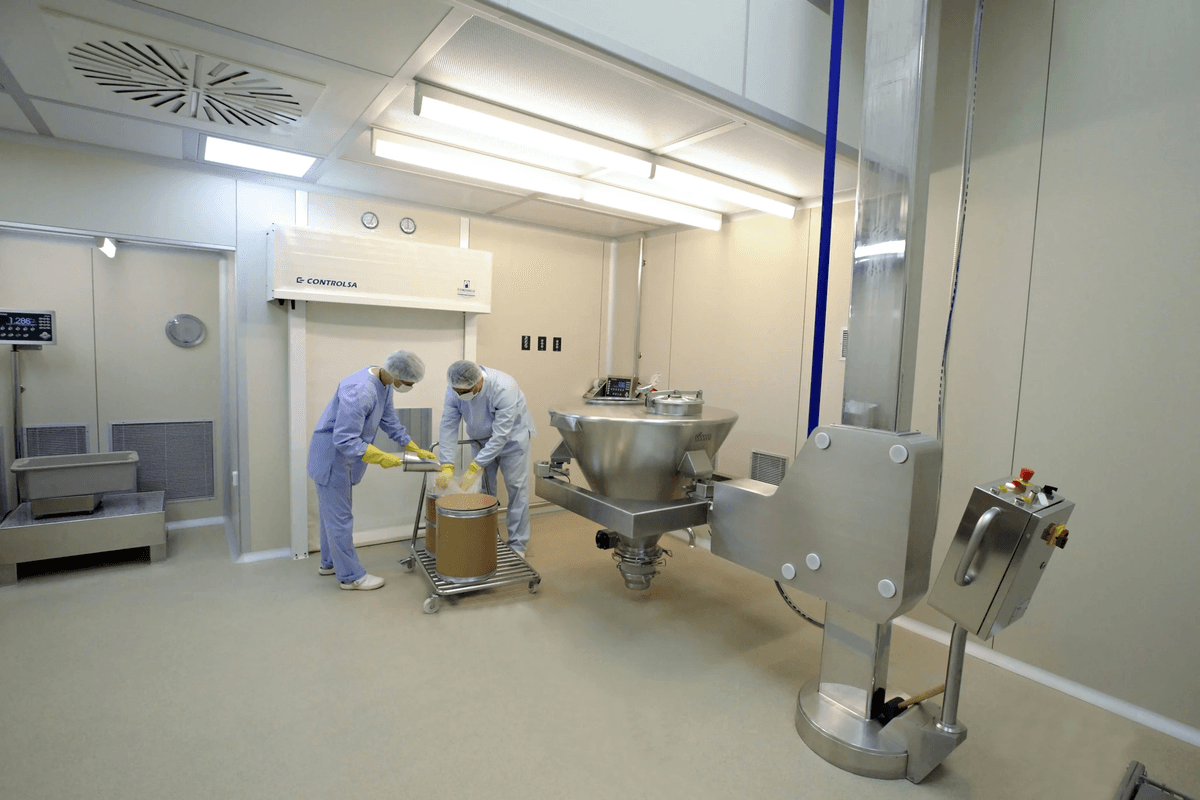
In the ever-evolving landscape of food safety, the importance of choosing the right food safety audit companies cannot be overstated. A well-selected partner not only ensures compliance with Food Safety Inspection Standards but also enhances your overall operational efficiency. By aligning with reputable auditors, businesses can navigate the complexities of food safety with greater confidence and clarity.
Choosing the Right Food Safety Audit Partner
When selecting a food safety audit partner, it’s crucial to consider their reputation and expertise in Food Quality Assurance Services. Look for companies that have a proven track record in conducting comprehensive audits that align with industry standards and regulations. Additionally, consider their ability to provide tailored solutions specific to your business needs—after all, one size does not fit all in the world of food safety.
The right partner will not only help you meet compliance requirements but also enhance your brand's credibility in the market. As consumers become more discerning about what they eat, ensuring that your products meet rigorous Food Safety Inspection Standards is paramount. Ultimately, a strong partnership can lead to improved customer trust and loyalty.
Enhancing Your Food Safety Practices
Enhancing your food safety practices requires a proactive approach that integrates regular audits and continuous training for staff on best practices. By incorporating robust Food Quality Assurance Services into your operations, you can identify potential risks before they escalate into significant issues. This continuous cycle of improvement helps safeguard both product integrity and consumer health.
Moreover, investing in state-of-the-art technology can streamline processes related to food safety testing and monitoring within your facility. Utilizing advanced analytics allows you to pinpoint areas needing improvement while ensuring compliance with necessary regulations—particularly important for businesses involved in food safety for exports. The end goal is not just meeting standards but exceeding them.
Future Trends in Food Safety Audits
As we look ahead, several trends are shaping the future of food safety audits that businesses should keep an eye on. One significant trend is the increasing reliance on technology; from blockchain for traceability to AI-driven analytics for risk assessment, these innovations are transforming how audits are conducted and reported. Moreover, as global markets expand, there will be an even greater emphasis on ensuring compliance with diverse Food Safety Inspection Standards across different regions.
Another trend is the growing focus on sustainability within food quality assurance services; consumers are increasingly demanding transparency regarding sourcing and production practices. This shift means that companies must adapt their auditing processes accordingly while still prioritizing traditional aspects like hygiene and contamination prevention during food safety testing procedures. Embracing these trends will not only enhance operational efficiency but also position businesses favorably within an increasingly competitive landscape.
